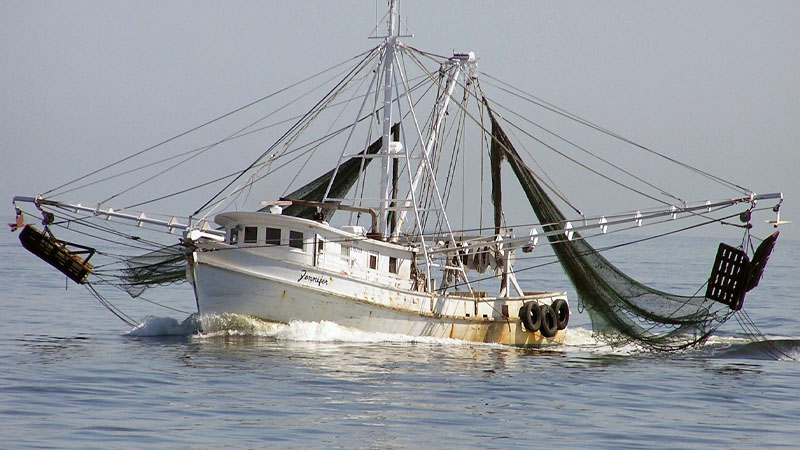Exclusive content

As the commercial redfish fishery in Canada reopens on Saturday, the federal Minister of Fisheries, Oceans, and the Canadian Coast Guard, Diane Lebouthillier, has emphasized that agents from the Department of Fisheries and Oceans (DFO) will be closely monitoring the boats.
Increased Redfish Quota
After a 30-year moratorium on redfish fishing in the Gulf of St. Lawrence, the total catch quota authorized for this year was significantly increased to 60,000 metric tons at the end of May. This new quota is more than double the initial floor quota of 25,000 metric tons announced by Ottawa.
Despite the substantial increase in the quota, fishermen’s associations have expressed dissatisfaction with its distribution. They particularly criticize the perceived unfair advantage given to large companies. The DFO allocated 60% of the quota to offshore boats, which are vessels over 100 feet in length.
Impact on Shrimp Fishermen
Shrimp fishermen, in particular, feel disadvantaged by the quota distribution. They received only 10% of the redfish quota to compensate for the decline in shrimp populations, a decline partly attributed to redfish, which prey on shrimp.
“This is far from allowing the survival of shrimpers,” stated Jean Lanteigne, the general director of the Acadian Regional Federation of Professional Fishermen (FRAPP). According to Lanteigne, shrimp fishermen from Quebec, Newfoundland, and Labrador will only receive about 5,500 out of the 2.5 million metric tons of redfish believed to be in the Gulf of St. Lawrence.
Government Response
In response to these criticisms, Minister Diane Lebouthillier has promised strict oversight of the large conglomerates. “I opened a commercial redfish fishery, not a bycatch fishery. For the largest boats, we will have surveillance on the bridges 24 hours a day,” the minister stated during an interview with La Matinale.
Redfish fishing can lead to accidental or bycatch, which involves capturing unwanted and sometimes vulnerable species. This issue adds another layer of complexity to the already tense situation between different fishing groups.